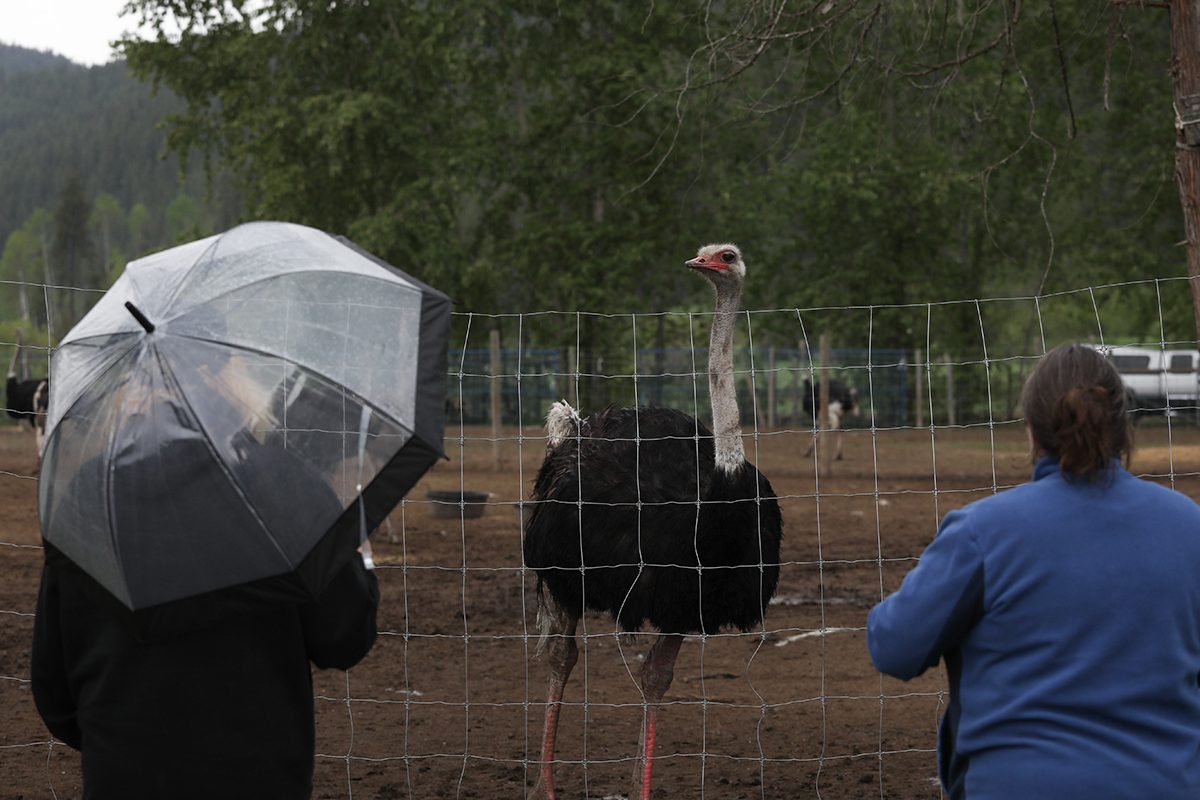(Reuters) — Canpotex Ltd., owned by a trio of North American potash producers, is seeking an eight percent, or $25 per tonne, price increase in its 2015 potash supply contract with China’s Sinofert Holdings Ltd., Mosaic Co. ehief executive Jim Prokopanko said on Wednesday.
He said Sinofert wants to pay the same $305 per tonne rate as last year’s contract.
Canpotex is owned by Mosaic, Potash Corporation of Saskatchewan and Agrium Inc.
“China’s holding firm,” Prokopanko said at a Bank of America Merrill Lynch investor conference in Fort Lauderdale, Florida. “As one shareholder, my advice to Canpotex is, ‘just hold firm.’
Read Also

B.C. ostrich owner condemns violence near embattled farm
One of the owners of Universal Ostrich near Edgewood, B.C. condemned the alleged assault and arson against one of the farm’s neighbours said to have been committed by a protestor. The farm is in a legal battle with federal authorities over a cull order of the farm’s ostriches, which contracted avian influenza.
“I’m in no rush.”
Sinofert’s argument for a price freeze is partly based on a 35 percent year over year reduction in freight rates from Vancouver, British Columbia to Asian markets, cutting the producers’ costs, Prokopanko said.
From the producers’ standpoint, potash is already moving smoothly to other buyers, he said. Agrium said on Tuesday that its potash production is fully committed for the first half of the year.
Contracts between major potash producers and Sinofert traditionally set a global price floor, and are followed by supply agreements with Indian buyers. Buyers in the United States, Brazil and Southeast Asia typically pay more on the spot market.
Prokopanko said it’s likely Sinofert will agree to contracts first with either Russia’s Uralkali OAO or Belaruskali of Belarus.
He said a Canpotex contract with Sinofert could happen by the end of March or in early April in time to move potash to Chinese farmers by spring.














